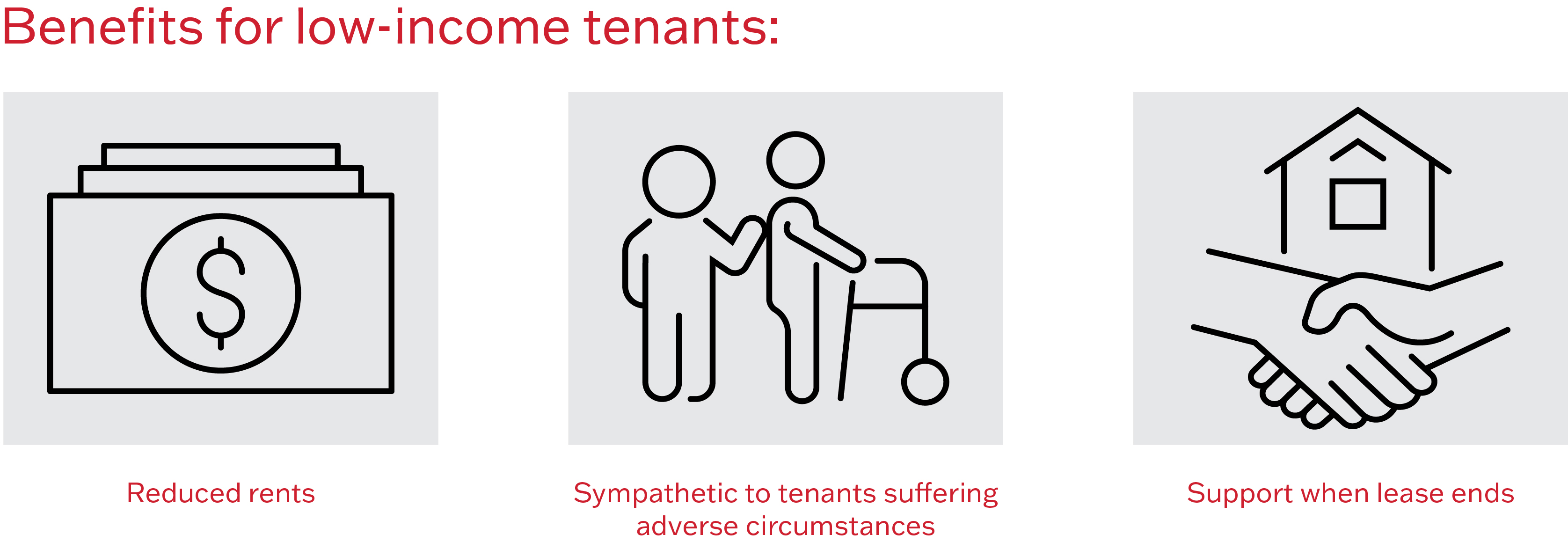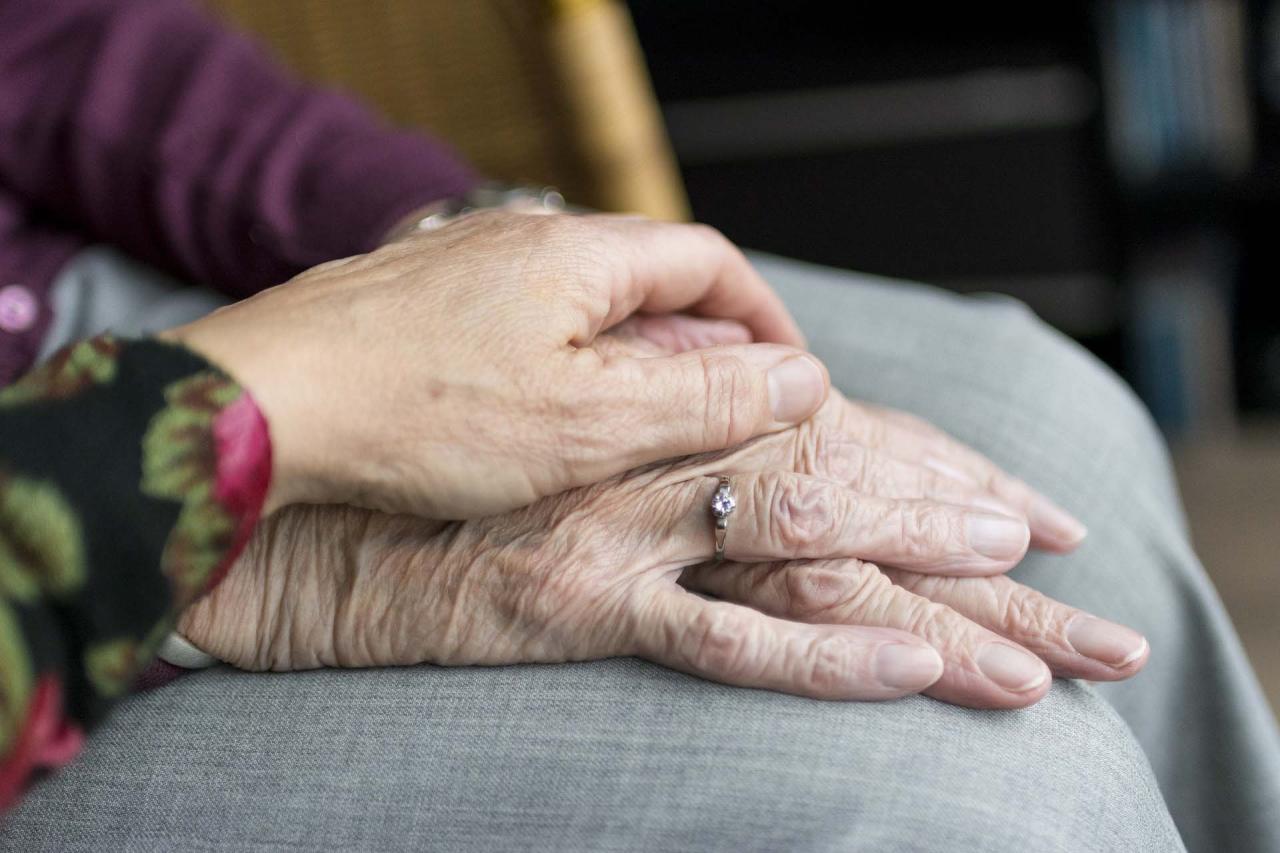
Head leasing for older renters
06 Dec 2022
In head leasing, a housing agency (which could be a not-for-profit, for-profit or a government organisation) leases a property from a property owner and then on-leases the property to the tenant. The housing agency is responsible for making sure the landlord is paid rent at the correct time, that the property is treated with care and that leases, legalities and repairs are negotiated fairly with the landlord.
In turn the tenant is responsible to the housing agency for paying rent on time and looking after the property. The tenant may pay a reduced rent if the housing agency has agreed to subsidise the tenant’s rent for some or all of the lease period. Other benefits for low-income tenants are that housing agencies use tenant selection criteria sympathetic to tenants who may rely on government benefits, have health issues, not have a positive history of renting or may suffer discrimination in the mainstream market. The housing agency may (or may not) provide some level of services to the tenant such as health or education services.
If the landlord chooses not to renew a lease, the housing agency may also support the older tenant in finding and moving to a new dwelling.

The benefits for landlords are that they are guaranteed rent payments in full and on time; any damage to their properties caused by tenants will be repaired by the housing agency; and they don’t have to find (and manage) new tenants or suffer financial loss from having properties being empty for any period of time.

A number of head-leasing programs operate in Australia, although not necessarily aimed at older households.
- In the Northern Territory, not-for-profit provider Venture Housing has 10 head-leased Seniors’ units at Parap. Tenants must meet specific requirements set by the Department of Housing and Community Development (Territory Housing).
- Independent Melbourne based community organisation, Launch Housing, developed a Head Lease Program that houses 70 clients in 62 private rentals in 2016–17.
- In response to the Royal Commission into Family Violence, the Victorian Government developed a Rapid Housing Assistance Fund-Family Violence program in 2016 to fund housing for women and families fleeing domestic violence, including funding head leasing arrangements for people at risk or experiencing homelessness and impacted by family violence.
AHURI research shows that while head leasing arrangements established by community housing providers can provide accommodation, they also transfer a risk of debt and property damage to the head-leasing agency. This carries a degree of financial risk to the CHP which they may not be able afford to underwrite.


